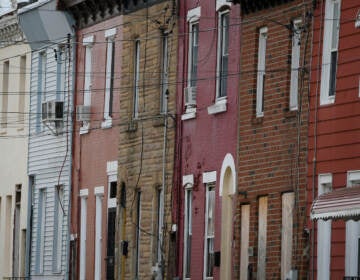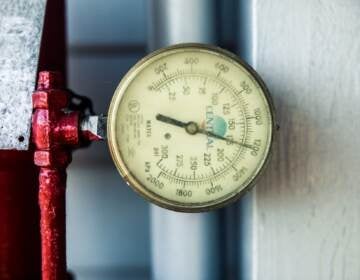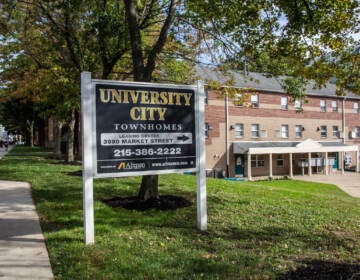‘Adapt or die’: Small businesses brace for Philly’s new COVID-19 restrictions
Restaurants will no longer be allowed to serve diners indoors. Outdoor dining will now be limited to four people from the same household per table.
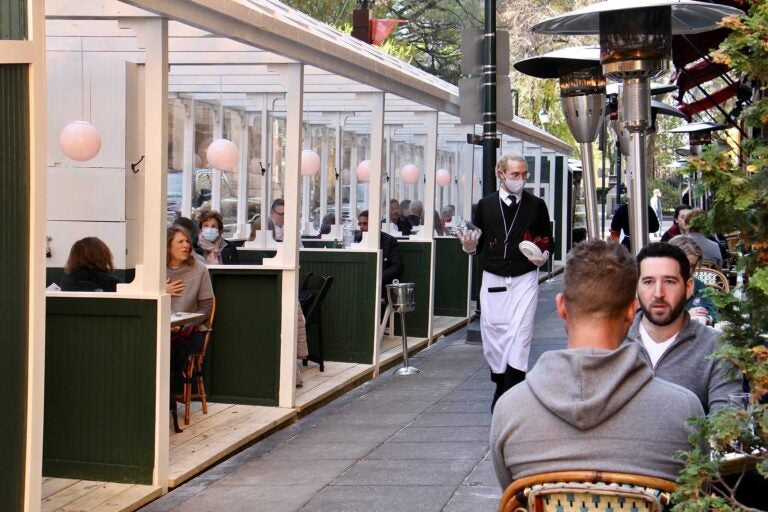
Outdoor dining at Parc on Rittenhouse Square. (Emma Lee/WHYY)
Ask us about COVID-19: What questions do you have about the current surge?
Mike DiMauro has two words for the new business restrictions announced in Philadelphia on Monday: “It sucks.”
A manager at Body World Fitness on W. Passyunk Avenue for about three decades, he said the gym’s owner had to cut a deal with the landlord during the spring shutdown and then struggled to attract members back when allowed to reopen. DiMauro, who didn’t manage to secure unemployment benefits, got by on savings while the gym was forced to close.
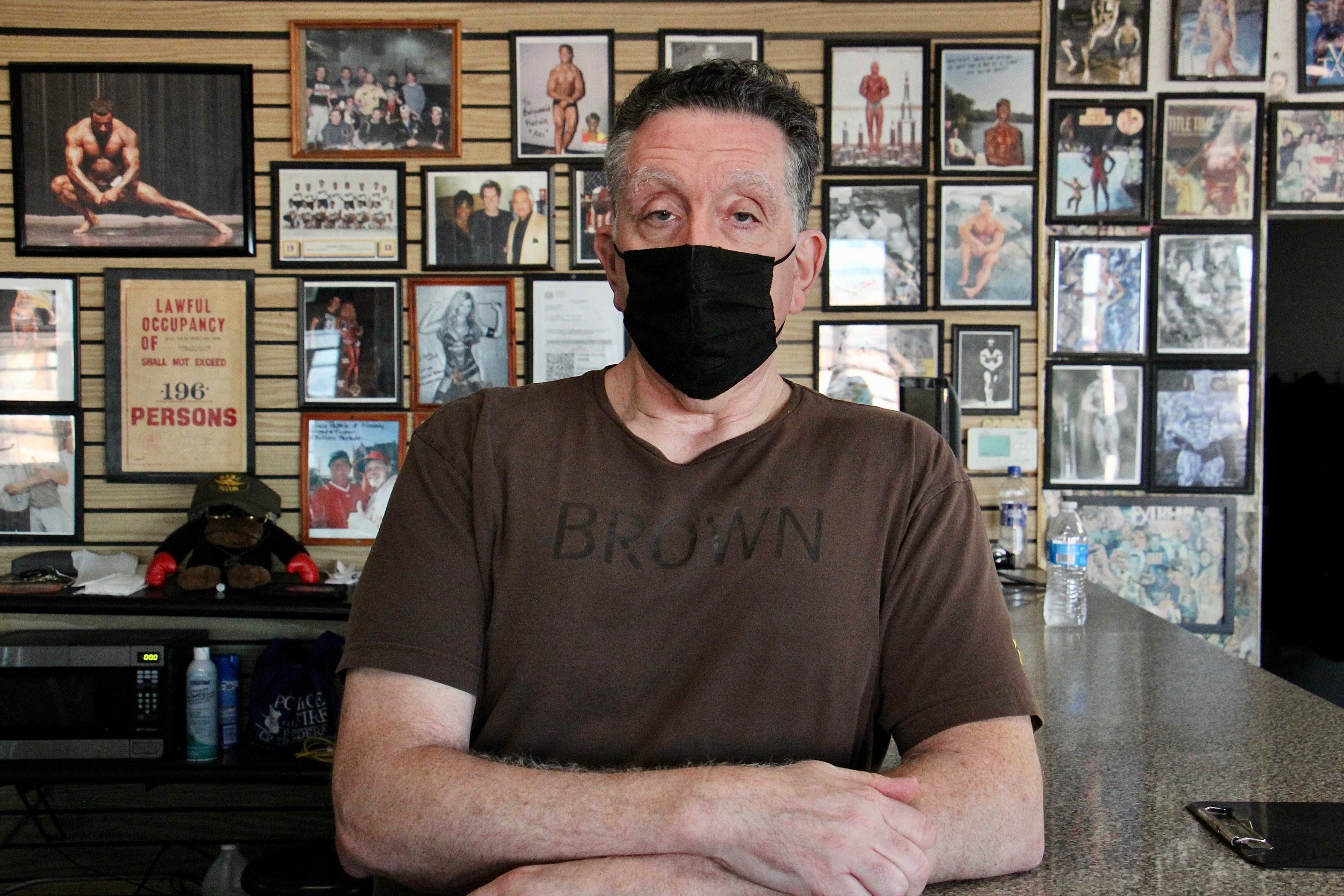
With COVID-19 cases surging in Philadelphia and officials again imposing business restrictions to slow the spread of the virus, that cycle could repeat again.
“This is killing everybody,” said DiMauro. “Everybody is all pissed off.”
Mayor Jim Kenney and Health Commissioner Thomas Farley announced a new round of limitations on businesses and gatherings, starting this Friday, that will last through at least January 1. The rules once again hit industries that have suffered the most due to COVID-19, such as food service and entertainment.
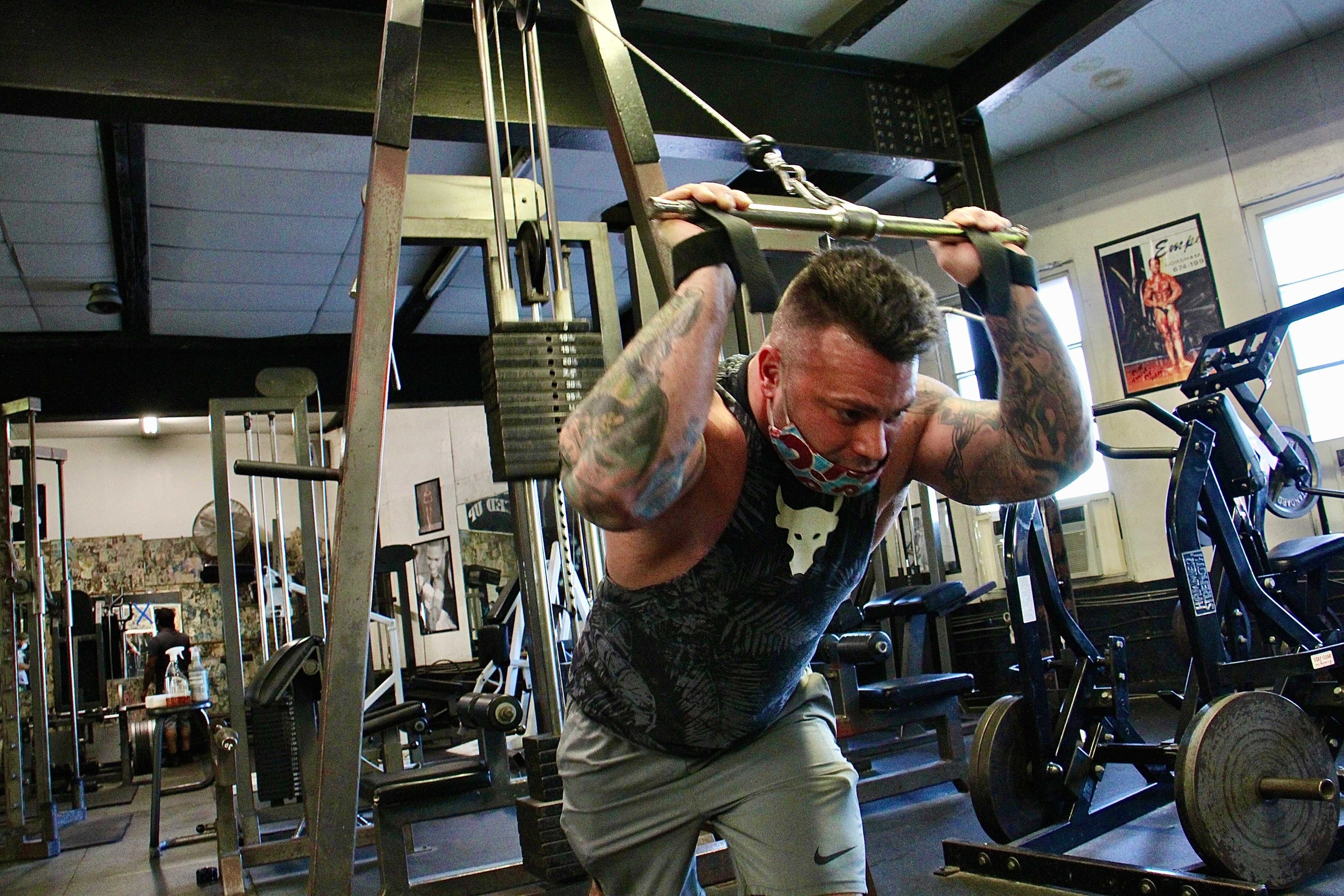
Restaurants will no longer be allowed to serve diners indoors. Takeout and delivery can continue, but outdoor dining will now be limited to four people from the same household per table.
“We can’t enforce this, but we are asking residents and restaurants to help,” said Farley.
Fitness centers, libraries and theaters must also close. Retail spaces will be capped at five people per 1,000 square feet, outdoor gatherings such as weddings shouldn’t exceed 10% of occupancy, and no fans will be allowed at sports games.
Food businesses, many of which have staked their future on socially distanced indoor dining and beefed up outdoor seating, must once again pivot to adapt to new public health regulations.
‘We can’t do anything’
From Black Friday to New Year’s Day, Teddy Sourias is usually scrambling to serve a constant stream of patrons at his Center City holiday season pop-up bar, Tinsel.
A packed bar is impossible this year, but Sourias, who also runs seven other Philadelphia establishments, had been planning to make the most of what indoor dining was allowed. He spent about $50,000 in the last few weeks transforming Tinsel into an immersive holiday experience: ticket holders would get fifteen minutes of a light show under a snow machine.
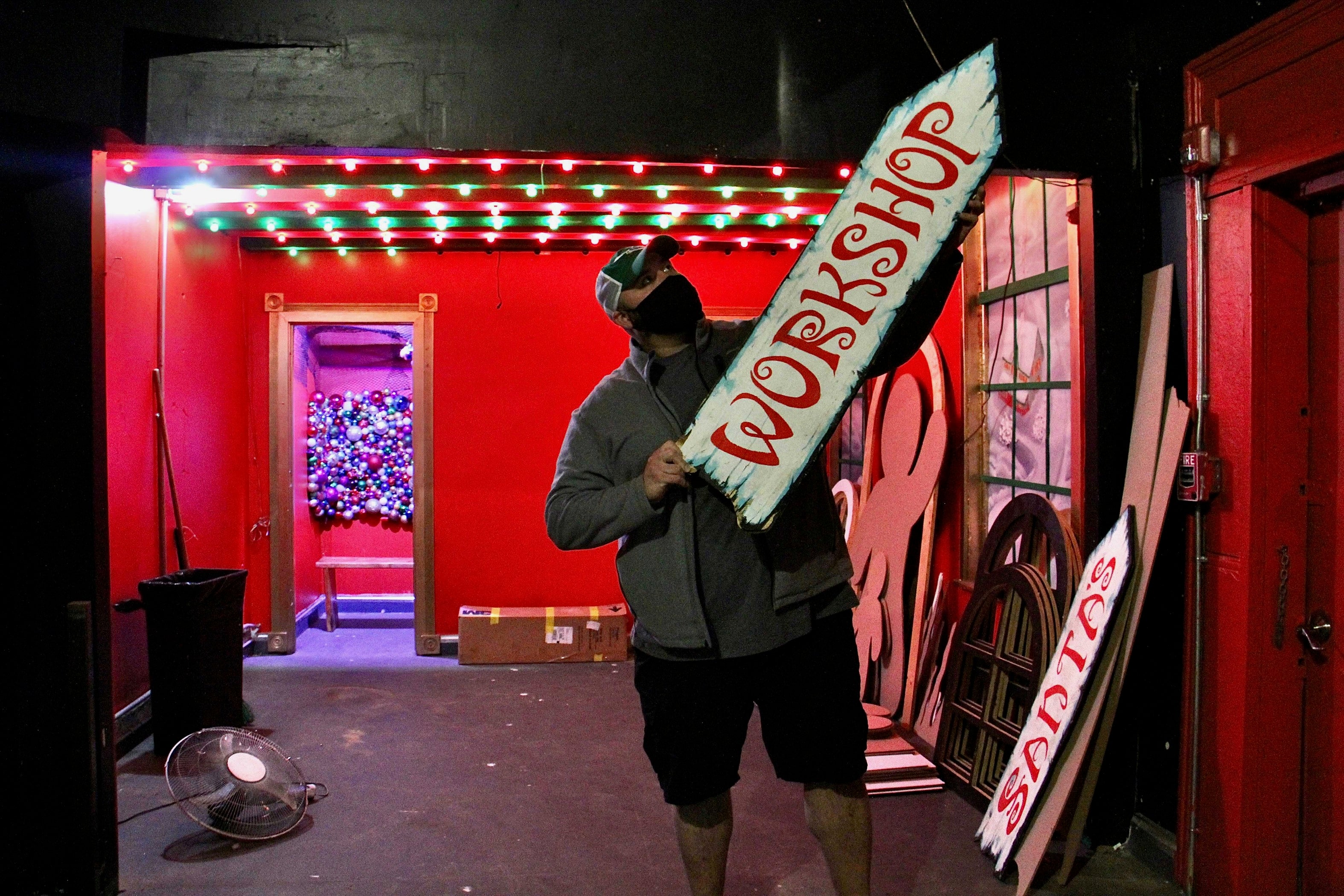
That transformation was still underway when Sourias began tearing the equipment down over the weekend in anticipation of Monday’s restrictions.
“We can’t do anything,” Sourias said with a rueful laugh.
Jim Kirk, owner of the Center City saloon Kite & Key, said the new rules are forcing him to consider shutting down for the winter.
“You have to really contemplate — is it worth hemorrhaging that money?” Kirk said.
The Belgian beer bar Monk’s recently decided to shut down for several months due to pandemic losses.
Not all restaurant owners condemned the new restrictions.
Doug Hager, owner of Brauhaus Schmitz on South Street, said his patrons have been slow to return to indoor dining.
“As cases rise, that would only get worse,” he said. “It’s the right thing to do.”
Hager said, without additional state or federal aid for small businesses, he wasn’t sure how he would survive the winter. He said he expects to have to lay off some employees soon.
“It’s really hard right now,” he said. “Adapt or die, I guess.”
Some Philadelphia restaurateurs have speculated that city restrictions will drive business to the suburbs. WHYY attempted to reach several suburban restaurants Monday. Most declined to comment, but those who did, including representatives from an Olive Garden and a Carrabas, said they did not see a boost in business based on Philadelphia’s actions thus far through the pandemic.
For food industry workers, the regulations are a mixed bag. Some servers, who were hesitant to return to indoor dining because of their own risk of contracting COVID-19 are relieved, said Natalia Nicastro, coordinator of the Coalition for Restaurant Safety & Health.
Sarah M., a server working in Center City, said the new limits make sense.
“If you talk to most servers, they’d say the move towards indoor dining was stupid, to be blunt.” She added, “I think a lot of restaurants felt obligated to open for indoor dining” to try to make up for lost profits.
When the city and state first imposed restrictions in March, business owners and service workers were cushioned by federal relief. Owners were able to apply for the Paycheck Protection Program, which covered payroll and some other expenses for a few months, while those laid off received an extra $600 dollars a week in federal unemployment compensation on top of state benefits. But both programs expired over the summer, and Democrats and Republicans in Washington remain at loggerheads over if, and how, to extend them.
Without renewed relief funding from the federal government, both owners and service workers have had to face difficult choices.
Unemployment payments make up only about half of lost income, but working means accepting a greater risk of exposure to the virus.
Sarah was laid off early in the pandemic, but was still afraid to return to waitressing this summer.
“I was super anxious to go back, just worried about contracting it and giving it to other people,” she said. Working in a restaurant with only outdoor dining and takeout, while not ideal, she said, “feels like a decent solution for, like, weird times.”
Job scarcity means many will work even under conditions that feel risky. The Pennsylvania hospitality and leisure industry employs about 147,000 fewer people than it did a year ago, according to state data.
‘It’s going to come out of pocket’
Indoor events, such as weddings, funerals and baby showers will also be prohibited, and limits placed on the size of outdoor gatherings.
Crystal Davis, owner of the South Philadelphia event space Clearhouse, said she thought another shutdown was inevitable, but expected it to come as part of a national order issued by President-elect Biden after he is inaugurated in January.
The loss of two months of expected revenue from holiday parties and baby showers is going to be tough, she said.
“As far as bills for the business, it’s going to come out of pocket,” said Davis, who also works for Amtrak. “It sucks.”
—
WHYY’s Jarred Cruz contributed reporting.
 WHYY is one of over 20 news organizations producing Broke in Philly, a collaborative reporting project on solutions to poverty and the city’s push towards economic justice. Follow us at @BrokeInPhilly.
WHYY is one of over 20 news organizations producing Broke in Philly, a collaborative reporting project on solutions to poverty and the city’s push towards economic justice. Follow us at @BrokeInPhilly.

Get daily updates from WHYY News!
WHYY is your source for fact-based, in-depth journalism and information. As a nonprofit organization, we rely on financial support from readers like you. Please give today.




![CoronavirusPandemic_1024x512[1]](https://whyy.org/wp-content/uploads/2020/03/CoronavirusPandemic_1024x5121-300x150.jpg)
